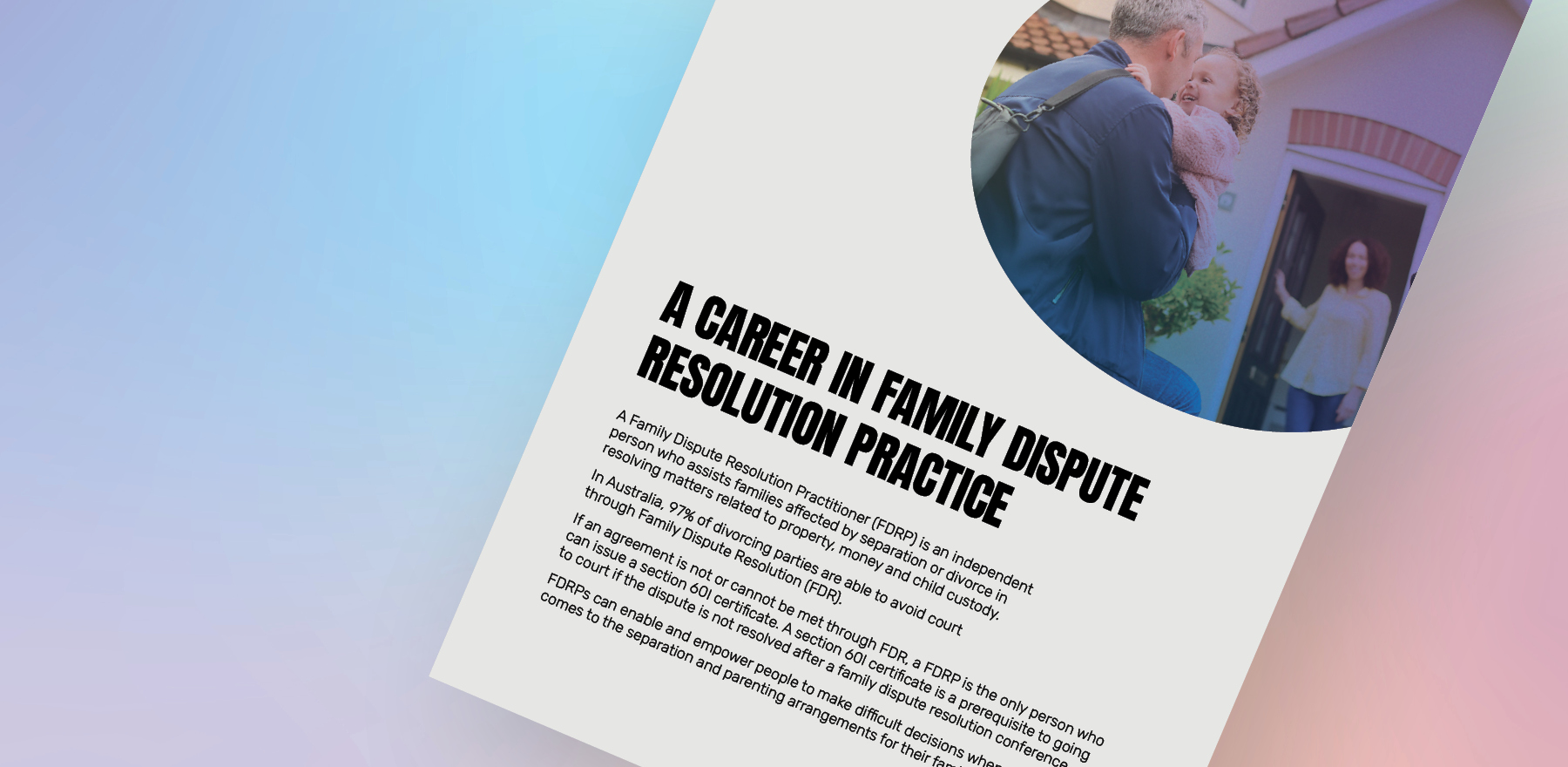Ready to expand your expertise in international arbitration?
Download the Graduate Certificate in International Arbitration Practice Course Guide and unlock the skills needed to navigate complex, cross-border legal disputes with confidence and efficiency.
What’s inside?
The guide offers all the details you need to get started, including:
- Why international arbitration is a rapidly growing field for resolving global legal disputes outside the courtroom
- How you can gain the practical tools to lead international arbitration proceedings and draft legally sound arbitral awards
- Who this course is for—ideal for legal professionals aiming to strengthen their international dispute resolution capabilities
- A comprehensive breakdown of the course content, including critical subjects like arbitration proceedings and award writing
- Insights and mentorship from top international arbitrators who lead the course
- Intake dates and step-by-step information on how to enrol
- Detailed pricing and qualification pathways
Accelerate your career in global dispute resolution with skills that are in high demand. Download the course guide now and discover how this program can prepare you for a successful future in international arbitration.
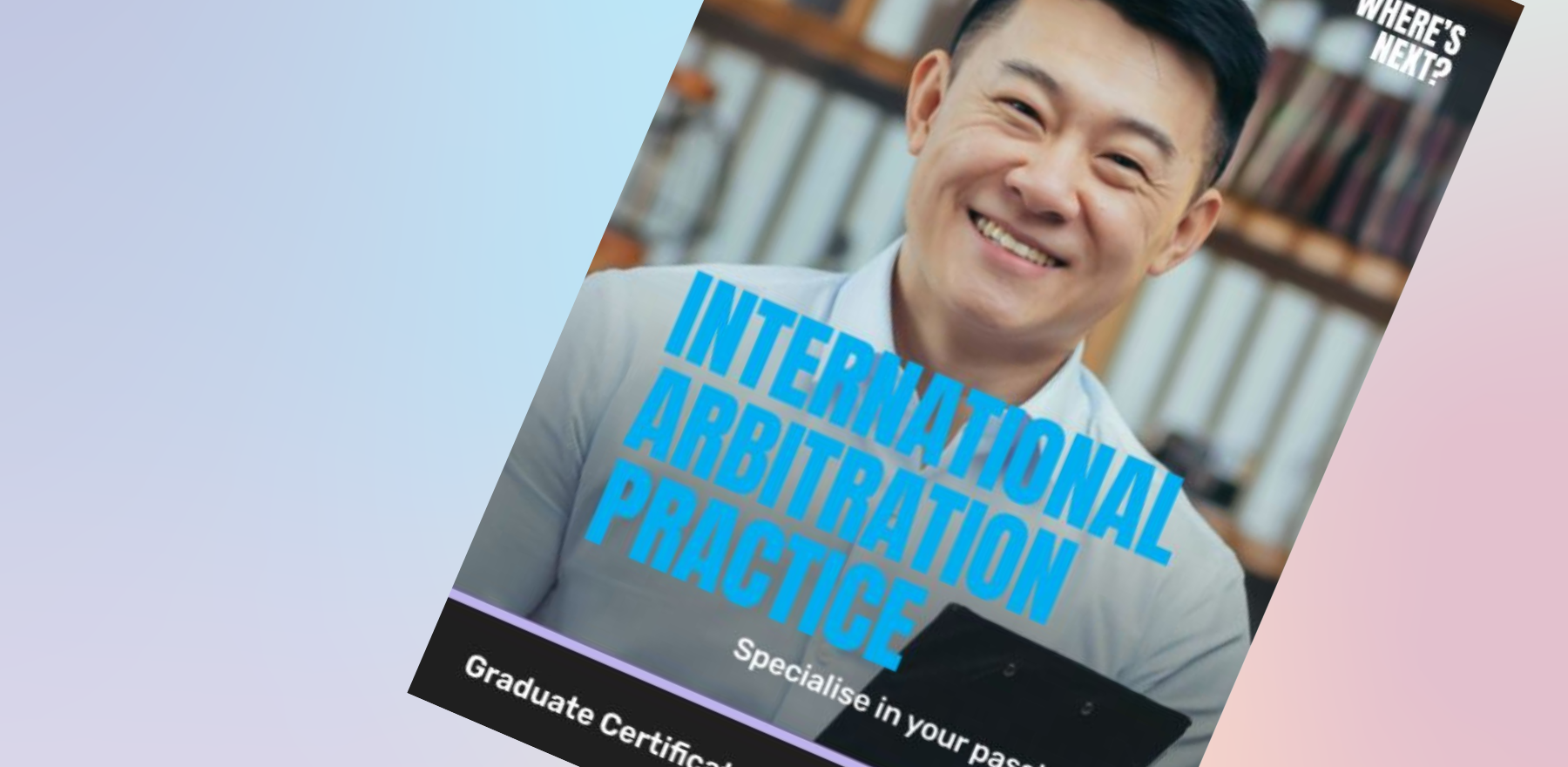

















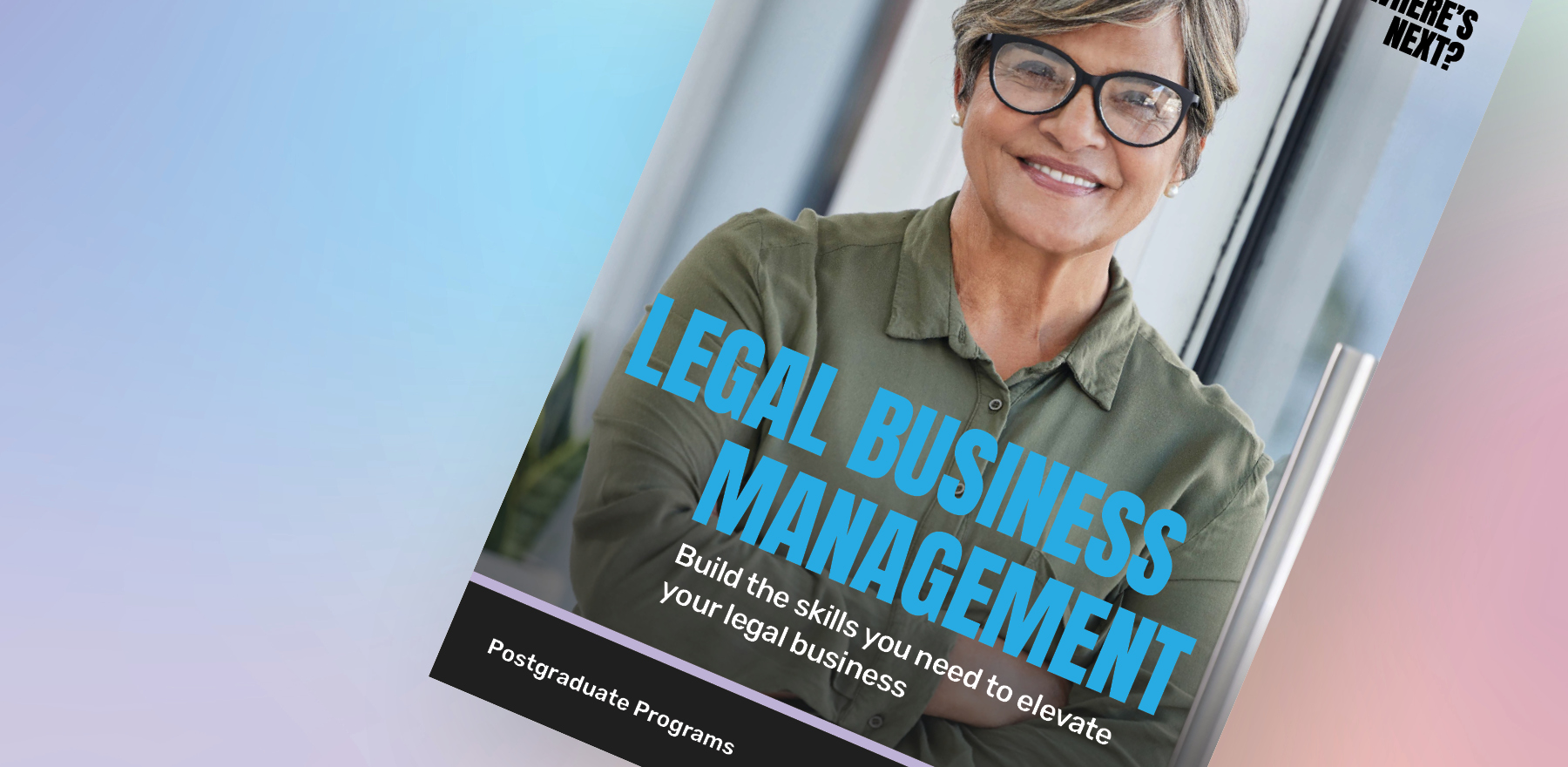



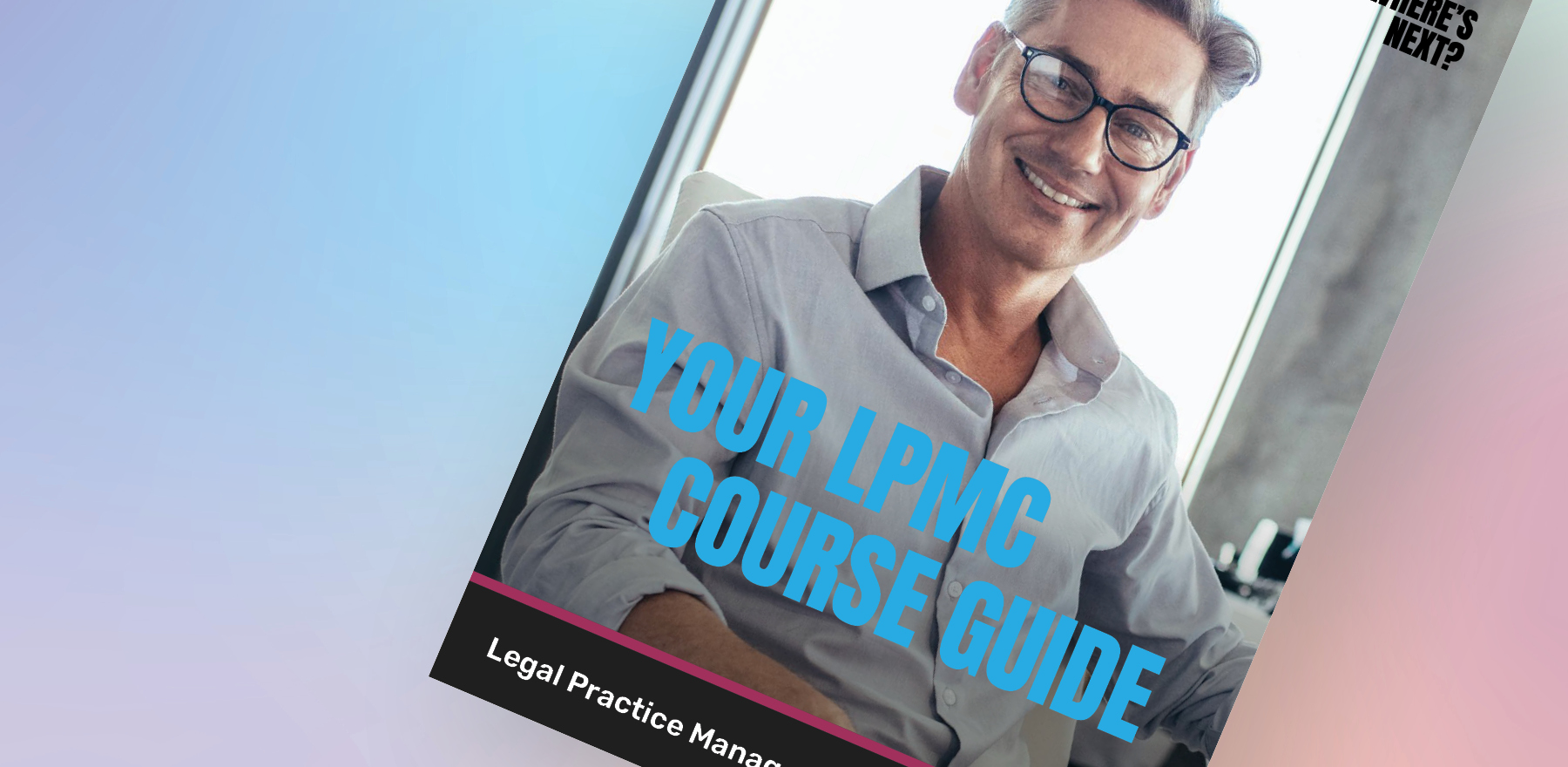




























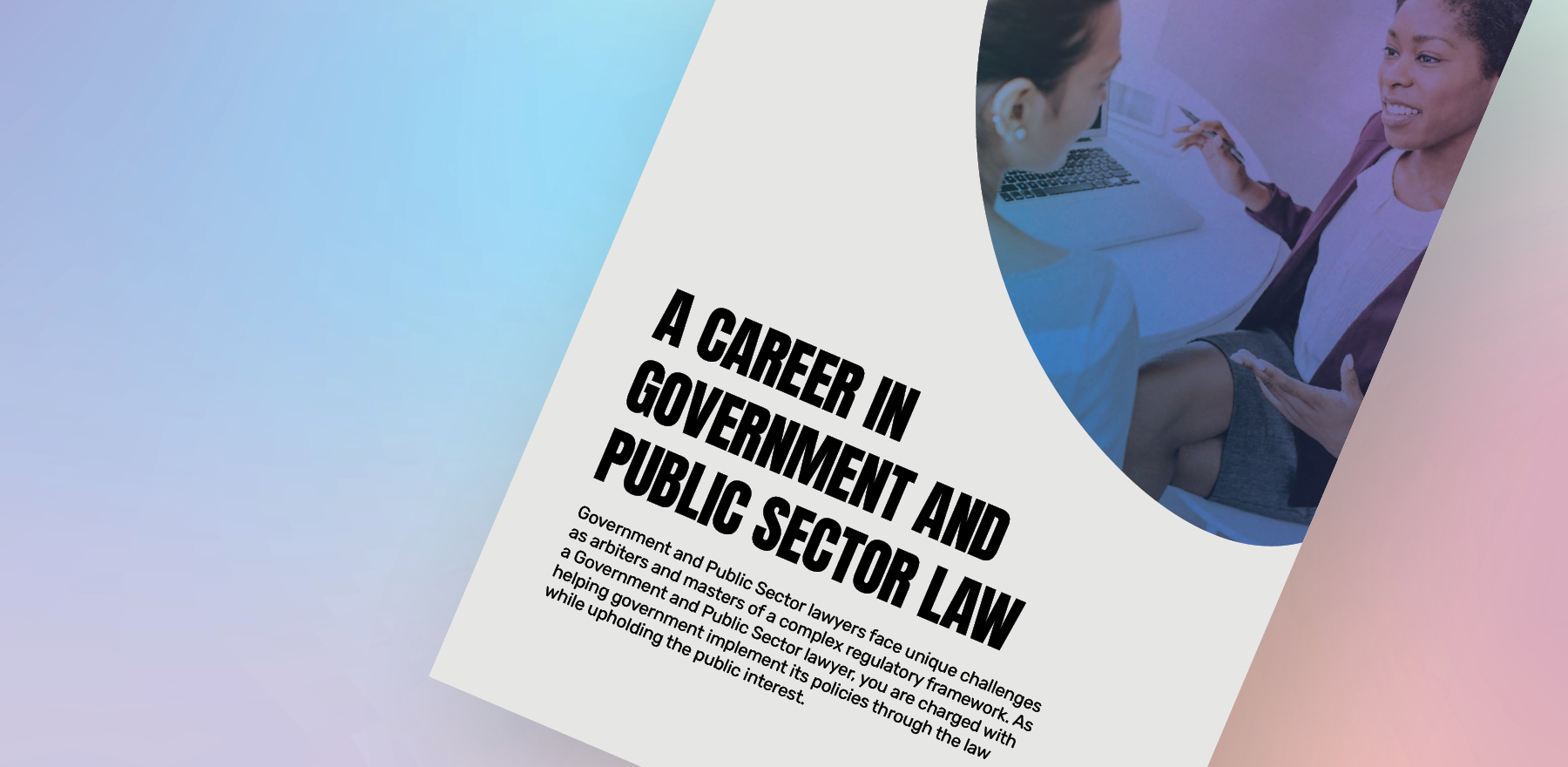


![How to handle Direct Speech after Gan v Xie [2023] NSWCA 163](https://images4.cmp.optimizely.com/assets/Lawyer+Up+direct+speech+in+drafting+NSW+legislation+OCT232.jpg/Zz1hNDU4YzQyMjQzNzkxMWVmYjFlNGY2ODk3ZWMxNzE0Mw==)

























